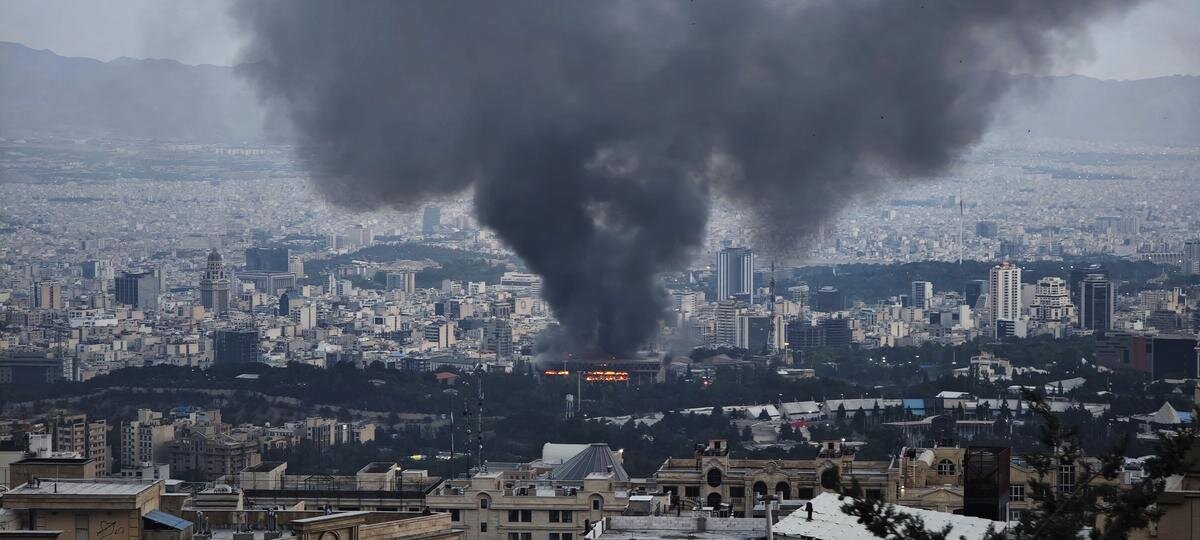UNESCO condemns Israeli strike on IRIB headquarters as violation of international law

TEHRAN — The United Nations Educational, Scientific and Cultural Organization (UNESCO) has strongly condemned the killing of two Iranian media workers in last month’s Israeli airstrike on the headquarters of the Islamic Republic of Iran Broadcasting (IRIB) in Tehran.
In a statement issued Thursday, UNESCO Director-General Audrey Azoulay urged a full, transparent, and impartial investigation into the attack. She emphasized that media institutions are protected under international humanitarian law, which classifies them as civilian infrastructure.
Azoulay also cited United Nations Security Council Resolution 2222, which explicitly mandates the protection of journalists and media personnel during armed conflict.
The Israeli strike, carried out on June 16, targeted a building housing IRIB’s news division.
The assault involved the use of at least four bombs and hit the facility while a live news broadcast was underway. The force of the first explosion briefly disrupted the transmission, but it was quickly restored. News director and deputy for political affairs, Hassan Abedini, appeared on screen shortly after to denounce the attack.
At the time of the bombing, news anchor Sahar Emami was delivering a live broadcast. Despite the initial blast shaking the studio, she continued the report until a second explosion filled the room with smoke and debris, forcing her to evacuate. Emami later returned to the air and recounted her experience alongside Abedini.
In total, three IRIB employees were martyred in the strike on the nationl broadcaster’s premises.
The attack came just days after another wave of Israeli aggression on June 13, during which multiple high-ranking Iranian military commanders, nuclear scientists, and civilians were killed in a coordinated operation across Iran.
One week later, the conflict escalated further when the United States launched airstrikes on three Iranian nuclear facilities. Tehran condemned the move as a flagrant violation of the UN Charter, international law, and the Nuclear Non-Proliferation Treaty (NPT).
In response, Iran’s Armed Forces launched a wide-scale retaliatory operation, targeting critical Israeli military sites across the occupied territories and striking the al-Udeid air base in Qatar—the largest U.S. military installation in West Asia. The Iranian operation, carried out on June 24, effectively halted the illegal aggression, marking a significant shift in the confrontation.
Meanwhile, global concern continues to mount over Israel’s ongoing war on Gaza, which has become the deadliest conflict for journalists in modern history. According to a recent report by the Costs of War project at Brown University’s Watson Institute for International and Public Affairs, 232 journalists have been killed since the war began—an average of 13 per month.
The report found that more media professionals have died in Gaza than in World War I, World War II, the Vietnam War, the Yugoslav wars, and the U.S. invasion of Afghanistan combined.
In November 2024, the International Criminal Court issued arrest warrants for Israeli Prime Minister Benjamin Netanyahu and former War Minister Yoav Gallant on charges of war crimes and crimes against humanity committed in Gaza.
Leave a Comment